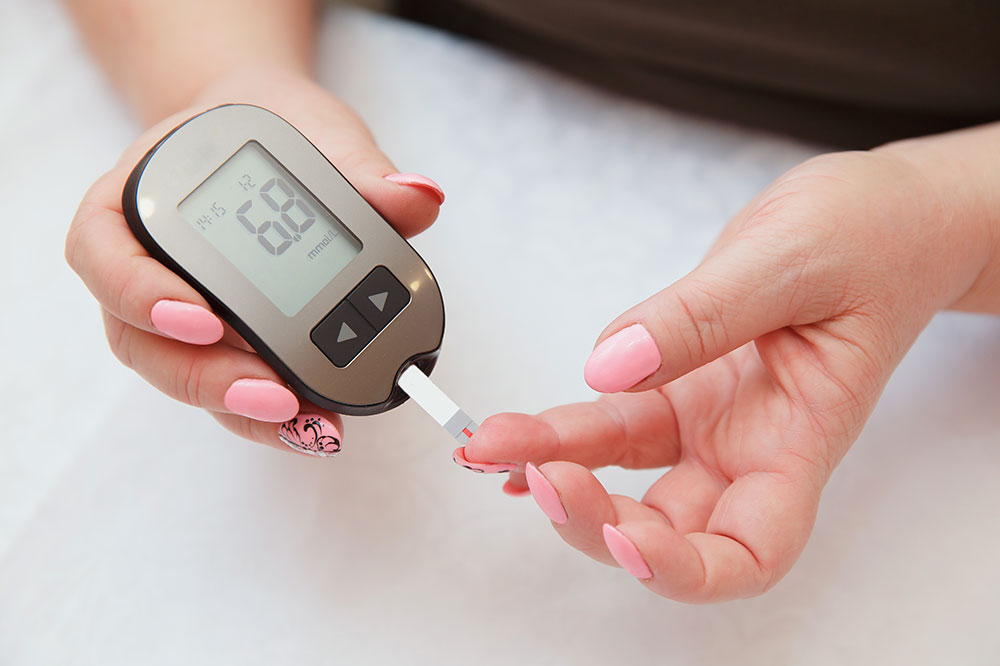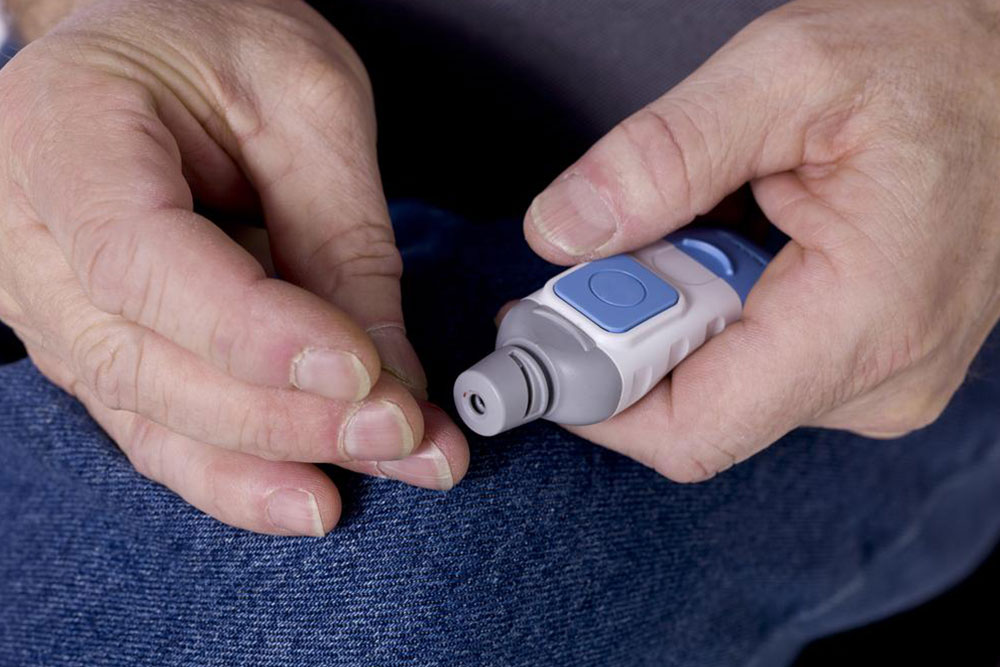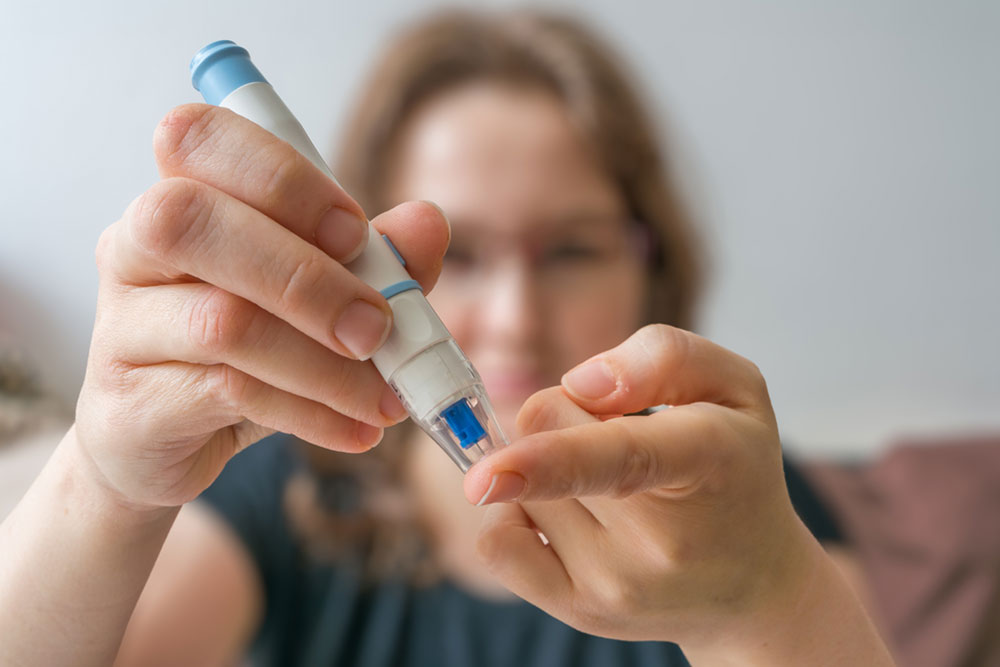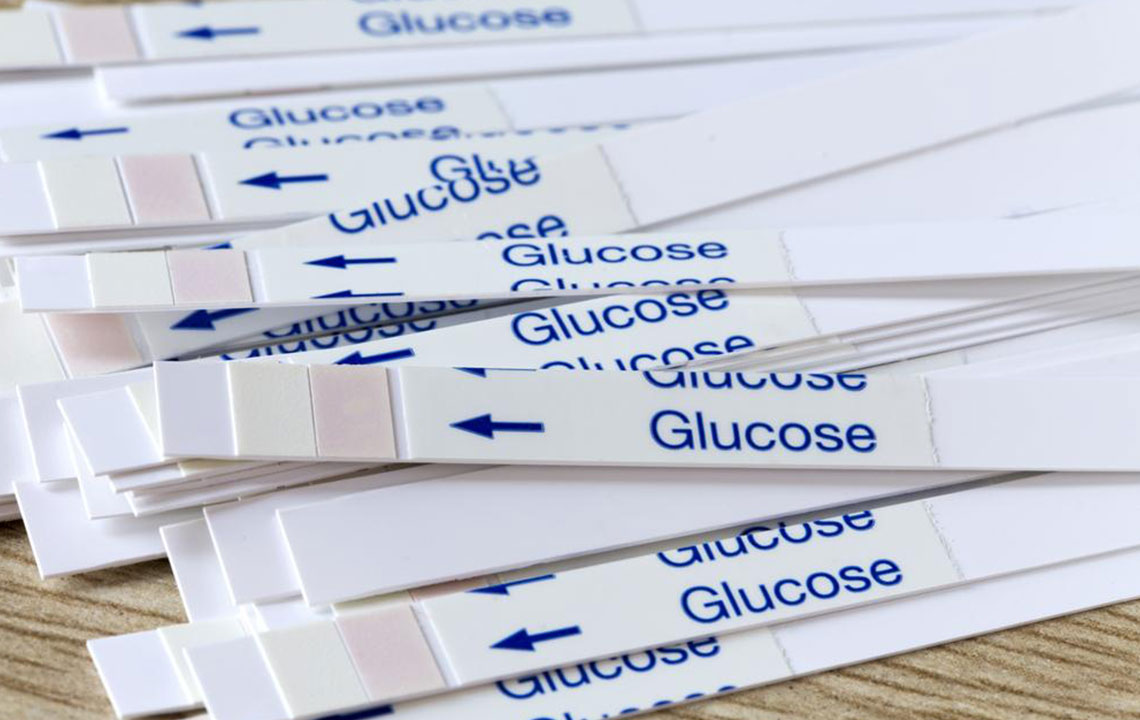Why Managing Blood Sugar Is Crucial for Overall Wellbeing
Proper blood sugar management is essential for overall health. Regular monitoring through charts and devices helps track fluctuations, enabling early intervention. Maintaining a balanced lifestyle with healthy eating, exercise, and stress control can keep glucose levels within normal ranges, reducing the risk of complications like kidney and heart issues. Consulting healthcare professionals is vital for personalized care, especially for diabetics. Consistent monitoring and healthy habits are key to a healthier life.

The Significance of Regulating Blood Glucose Levels
Blood glucose, or blood sugar, reflects the amount of sugar present in a person's bloodstream at any given moment. This sugar fuels the body's cells, providing vital energy for daily functions. Our diet provides the raw materials needed to sustain blood sugar levels, which are meticulously managed by the body's regulatory systems to prevent extremes.
Unlike common table sugar, the blood sugar measured is primarily in the form of glucose. Fluctuations in glucose levels happen throughout the day, influenced by meals and fasting periods.
In healthy individuals, fasting blood glucose is typically below 99 mg/dl. For those with diabetes, levels tend to vary more significantly. The goal is to keep blood sugar below 130 mg/dl before meals and under 180 mg/dl post-meal.
Understanding Blood Glucose Monitoring
Maintaining blood sugar within healthy limits is essential through proper nutrition, medication, and physical activity. A blood sugar diagram or chart plots these variations, offering crucial insights into daily fluctuations. Monitoring helps manage diabetes effectively by tracking periods of high or low sugar levels throughout the day.
Why Regular Blood Sugar Tracking Is Vital
Just like blood pressure readings, regular records of blood sugar levels can reveal overall health status. Keeping an accurate chart is critical for both healthy individuals and those with diabetes. Uncontrolled glucose levels can impair kidney function, vision, and heart health. Regular monitoring enables early detection of abnormal patterns and helps prevent complications.
Using Blood Glucose Charts and Devices
Various tools are available for tracking blood sugar, but consultation with healthcare providers is essential for proper usage. For diabetics, measuring fasting plasma glucose and post-meal levels aids in assessing current health status. Deviations from normal ranges indicate potential issues, prompting necessary adjustments.
Healthy blood sugar levels are generally less than 100 mg/dl fasting and under 140 mg/dl after eating. Achieving this balance involves a nutritious diet, adequate sleep, regular exercise like walking or jogging, and avoiding alcohol and tobacco. Managing stress is also key for stable glucose management.










